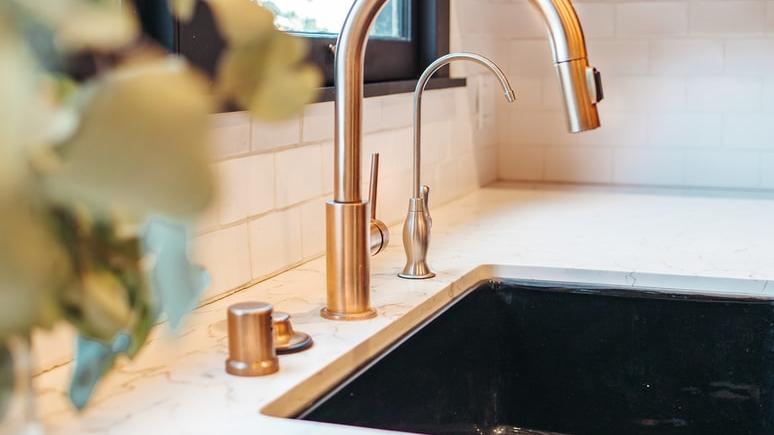Plumbing Issues in Your Rental Property? Here’s How to Deal With Them

Nearly 99% of US households reported to have plumbing issues. Today, it is very uncommon for buildings and structures not to have any plumbing problems. Houses and apartments are no exception with indoor plumbing a common issue among its residents. Unfortunately, the consequences of a water leak, shortage, disruptions, and clogged drains, to name just a few, are far reaching affecting not only occupants, but also neighbors. Here are ways to correct and deal with plumbing problems for a safe, comfortable, and healthy environment.
Common Issues
As a homeowner or landlord, you are bound to experience plumbing problems whether they are caused by aging fixtures or normal tear and wear on water systems. Dripping faucets are common and can waste up to 3,000 gallons of water annually. Fixing them may be as simple as replacing a worn-out washer or O ring or correcting the faucet installation. Another problem is a leaky pipe which can be caused by corrosion, clogs, joint damage, cracked seals, and even excessive water pressure. No matter what the cause is, it is critical that leaks are repaired immediately because they can cause massive damage to your rental property in terms of repairs and water bills. Even something as mundane as running toilets can waste up to 200 gallons a day of water. Again, the causes of water waste include corroded toilet handles, worn out flush valves, and problematic refill tubes.
On top of these problems, your rental property might be experiencing low water pressure. The bad news is low pressure is often a sign of bigger plumbing problems. There might be hidden water leaks on your property, drain or sewer obstructions, broken sewer lines, and pipe corrosion. Hence, if you have slow or clogged drains, these can become health hazards and disasters if they are not addressed correctly and quickly. A sump pump failure can also lead to flooding, water damages, and mold growth.
Possible Solutions
One solution is to make your rental property self-sufficient by living off the grid. There are several ways to do this such as installing wells which are not only reliable sources of water, but also very low in maintenance. You will need a manual or powered pump to get the water to your pipes and home. It must also be tested and treated for safety. Another option is to harvest rainwater especially if you are living in a high rainfall area. However, you need to consider treatment and filtration to make it potable. If your property is also located near naturally occurring streams, rivers, and ponds, you might be able to use them depending on the Appropriate Water Rights in your state.
That said, as a rental property owner, it is your obligation and duty to ensure that plumbing issues are taken care of quickly. Leaks must be fixed and if there are no apparent or visible signs of seepage, you might want to talk to your tenants to watch out for symptoms of hidden water loss. For example, if their water bills are rising without an apparent reason, it is possible that there is a leak somewhere whether in running faucets or toilets, and even underground. You can also do a spot check by checking if meters run even if there is no machine running or no one is using the sink or bathroom. Annual maintenance of sump pumps and water heater systems must also be undertaken. For your protection, you might want to include a clause that makes tenants liable if they misuse appliances and fixtures. To illustrate, even though you are responsible for maintaining the systems, your tenant is at fault if the toilet is blocked because they flushed down a diaper or lots of wipes.
Owning a rental property entails obligations and responsibilities. To ensure that your property is in great shape and for the safety of tenants, it is vital that the plumbing and water systems, appliances, and fixtures are maintained and repaired, if broken.
More to Read:
Previous Posts:










